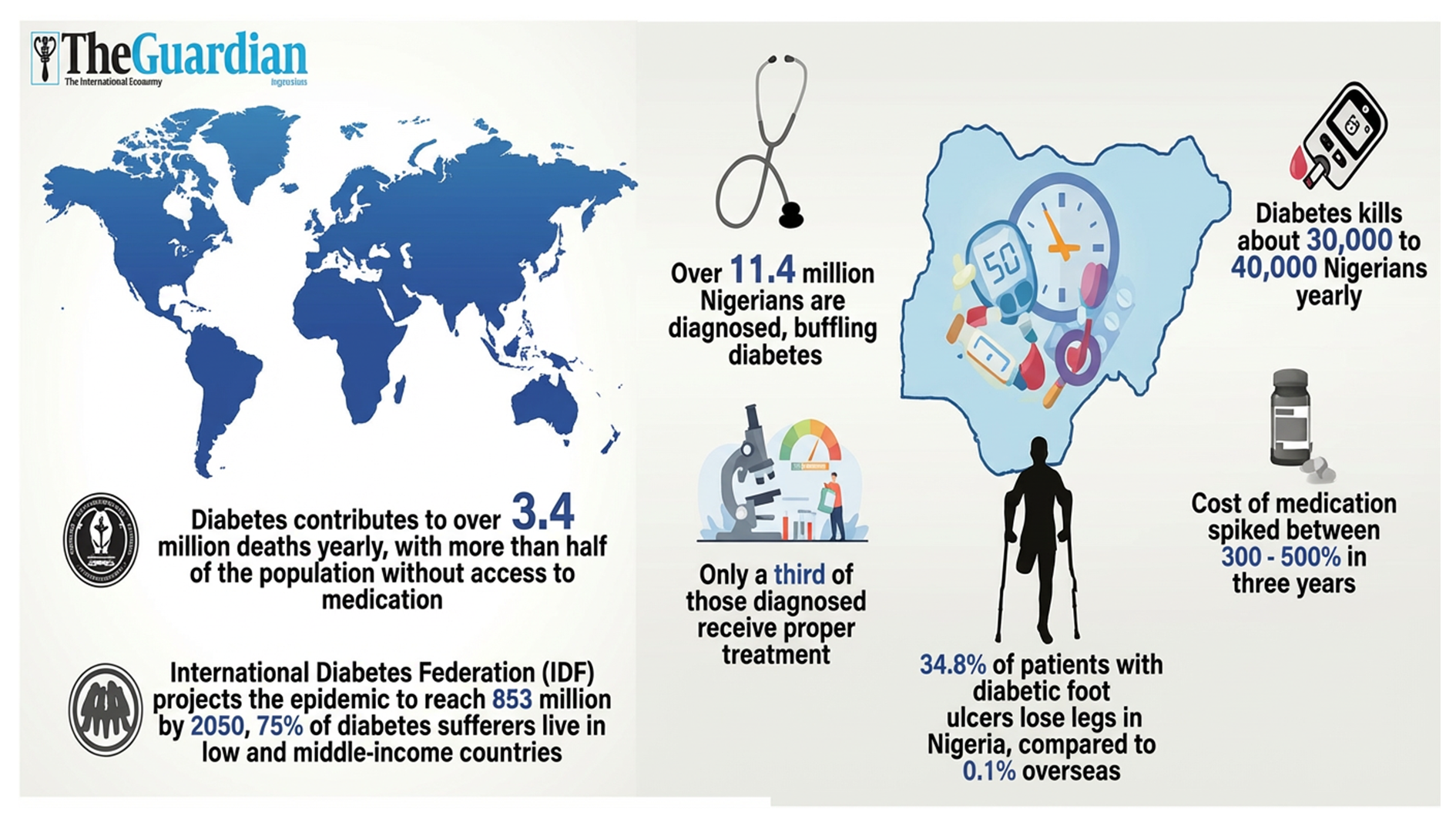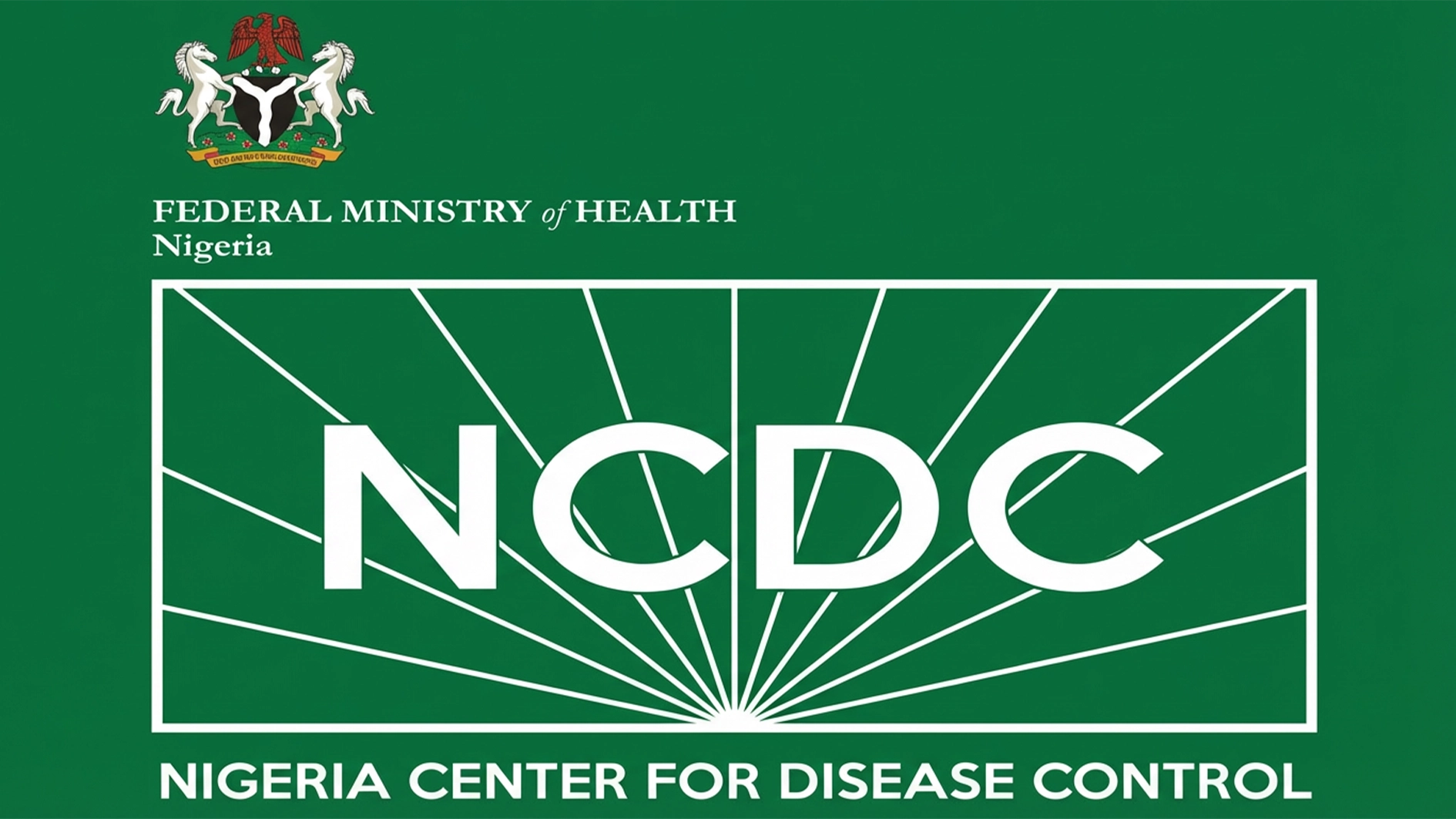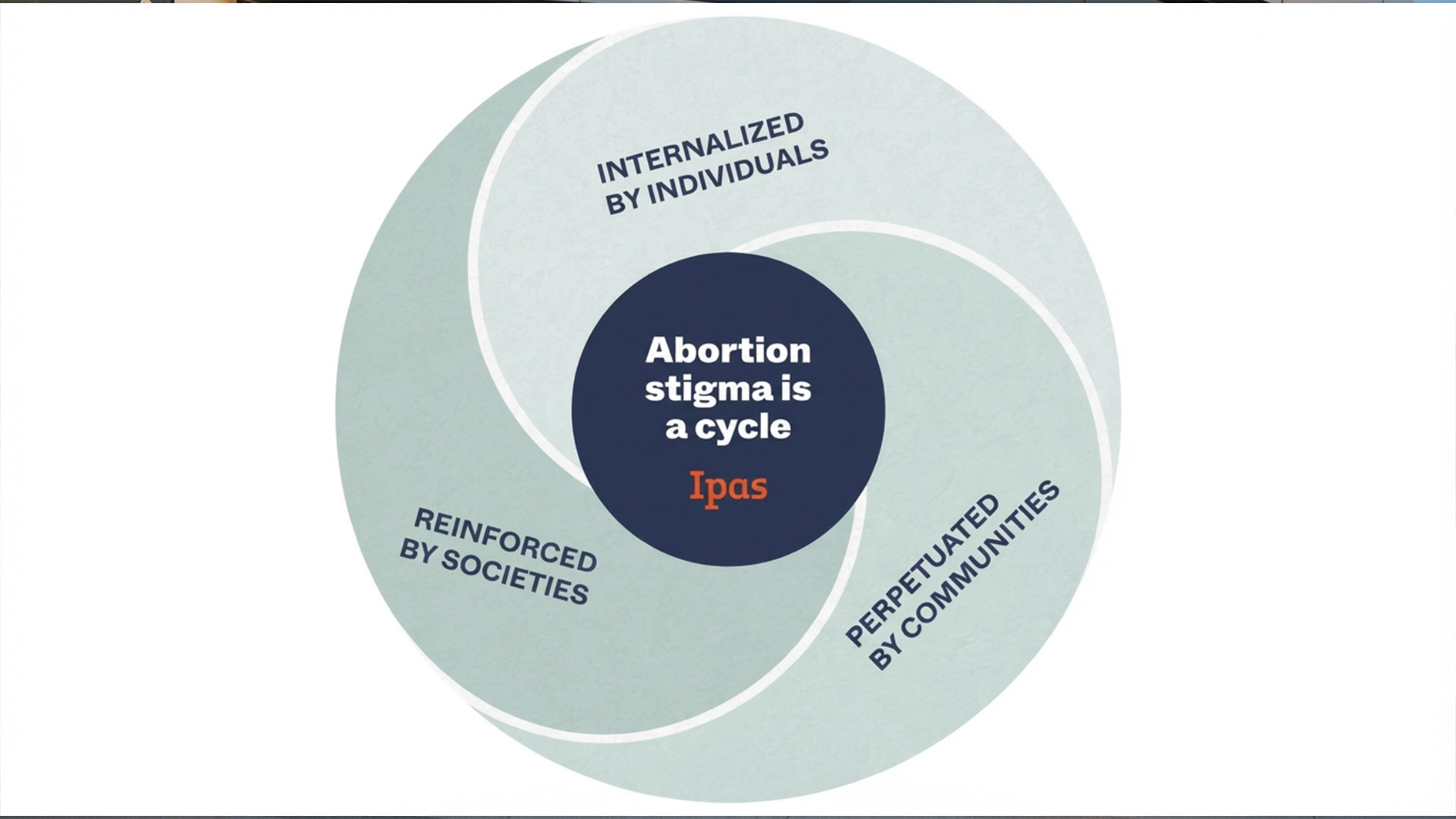West African Ministers of Health have pledged their joint commitment to advance the development of Lassa fever vaccines in recognition of the significant threat to regional health security posed by the disease.
Hundreds of thousands of people in West Africa are estimated to be affected by Lassa fever each year, with the disease causing almost 4,000 deaths and $110 million in productivity losses in the region.
The potential impact of the disease is set to worsen, with modelling research predicting that up to 600 million people could be at risk of Lassa fever infection by 2050 as a result of climate change and population growth.
Worried by this development, ministers of health from across the region gathered for high-level talks convened by the West African Health Organisation (WAHO) and the Coordinating Minister of Health and Social Welfare of Nigeria, Prof Muhammad Ali Pate, as co-leads of the Lassa fever Vaccine Coalition, and Mr Pierre N’Gou Dimba, Minister of Health, Public Hygiene and Universal Health Coverage of the Republic of Côte d’Ivoire, as host of the Lassa fever International Conference in Abidjan.
At the meeting, which was supported by global pandemic preparedness institution, the Coalition for Epidemic Preparedness Innovations (CEPI) and the International AIDS Vaccine Initiative (IAVI), a non-profit scientific research organisation, the ministers reaffirmed their political endorsement of accelerating Lassa fever vaccine readiness as a regional strategic health priority and a cornerstone of pandemic preparedness, underscoring its dual role in strengthening national systems and collective resilience.
They noted that despite its devastating impact, there are currently no licensed vaccines to protect against Lassa fever.
The ministers pointed out that the most advanced Lassa fever vaccine candidate has been developed by IAVI with funding from CEPI and the European & Developing Countries Clinical Trials Partnership, stressing that IAVI’s promising vaccine candidate is currently being evaluated in a Phase IIa clinical trial to evaluate the vaccine’s safety and immunogenicity in Ghana, Liberia and Nigeria – the most advanced study of a Lassa fever vaccine to take place anywhere in the world.
They pledged to strengthen country and regional platforms to ensure that clinical trial sites, laboratories, regulatory authorities, and community engagement efforts across West Africa are ready to enable the late-stage clinical research needed to advance a Lassa fever vaccine to licensure and to bolster the region’s response to other epidemic and pandemic disease threats.
They recognised that Lassa fever could serve as a model towards broader integration and coordination of financing efforts and committed to supporting the development of IAVI’s Lassa vaccine candidate rVSVΔG-LASV-GPC through a collaborative co-funding approach and joint action to mobilise and secure resources through advocacy and regional coordination.
The ministers of health endorsed a communiqué that reinforces the region’s shared leadership in confronting a virus endemic to West Africa and causes significant health, economic and societal harm.
Coordinating Minister for Health and Social Welfare, Prof Muhammad Ali Pate, stated that for decades, Lassa fever had silently taken lives, eroded livelihoods, and tested the resilience of our health systems.






